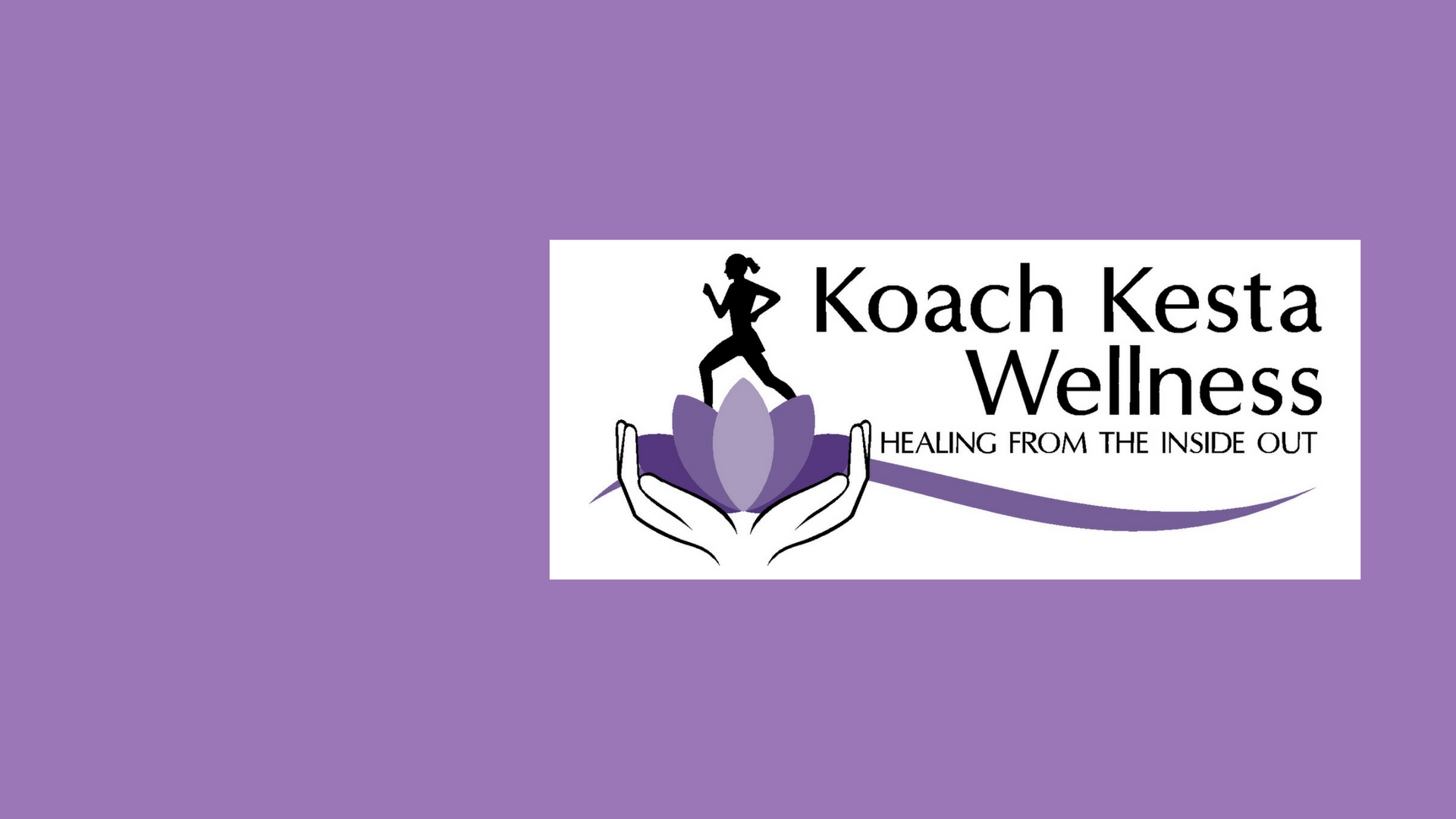Alternative Treatments for Addiction: Do They Work?
 Image by Pixabay
Image by Pixabay
Addiction is a relentless foe with countless tools in its arsenal. Fighting it requires an equally diverse range of countermeasures. That’s why in this post we’re going to look at alternative forms of treatment for addictive disorders. We’ll begin by defining what we mean by the phrase “alternative therapy.” We’ll then list some of the more popular therapies and describe how they work. We’ll also mention how diet and exercise are essential parts of any successful recovery plan. You’ll come away better informed about your healthcare options and how to make sound choices for your own well-being. Let’s begin by asking an important question.
What is “Alternative Therapy” Anyway?
The term “alternative therapy” refers to theories and practices that are outside the medical mainstream. These schools of thought are often based on Oriental philosophy or other non-Western viewpoints. Alternative therapies are called “complementary” when used alongside more orthodox approaches, according to the National Institutes on Health. Examples include:
● Auricular acupuncture. This approach uses needles placed at specific points in the ear to relieve withdrawal symptoms like nausea, lightheadedness, and feelings such as anxiety.
● Neurofeedback. This method teaches the client to alter her brain wave patterns, with the intent of relieving emotional pain that can drive addicts towards relapse.
● Meditation. As with neurofeedback, meditation works by altering our brain wave patterns. It induces a reflective mental state that creates heightened joy, clarity and peace, according to Huffington Post.
● Qigong (pronounced “chee-gung”) is similar to Tai Chi in its use of slow, graceful movements and guided meditation to induce a blissful state.
● Yoga. This time-honored form of exercise promotes flexibility and, in many cases, helps with back and neck pain. Many practitioners believe it also relieves the emotional pressures that can derail recovery.
“Do These Treatments Work?”
We wish we had a simple yes-no answer to that question. However, as with so many things in life, the truth defies easy analysis. Here’s why:
● Most alternative treatments have yet to undergo the extensive scientific study researchers apply to mainstream approaches. This doesn’t mean they’re ineffective, merely that researchers need more time to gauge their value. Even the most common medical therapies today, such as antibiotics and anesthesia, were considered fringe approaches when they first appeared.
● Any approach that makes the patient feel better can also help her to stay positive and focused during her recovery, giving her overall benefits. A person’s mental and emotional state has real world consequences for her well-being, regardless of the results that show up during research trials.
In the end, you must decide for yourself whether alternative approaches will help you in your battle against addiction. We present the above information simply to help you make informed decisions about your healthcare. One fact that’s beyond dispute, however, is the role that proper diet and regular exercise play in safeguarding your health.
Eat Right and Exercise is Still the Best Advice
No amount of addiction therapy, of any kind, can help you if you fail to give your body the nutrients and physical activity it needs to function at its best. A healthy diet and a solid exercise program should have these features:
● Include balanced amounts of protein, carbs, fiber, vitamins, minerals, and healthy fats.
● Challenge your body without overtaxing your abilities.
● Work in harmony with your career, family, and self-enrichment priorities.
Please check with your healthcare provider before beginning any treatment program. She can answer your questions and steer you towards options that match your needs and interests. We hope you find the information in this post helpful and we wish you all the best in your recovery efforts.
Author
Kimberly Hayes enjoys writing about health and wellness and created PublicHealthAlert.info to help keep the public informed about the latest developments in popular health issues and concerns. In addition to studying to become a crisis intervention counselor, Kimberly is hard at work on her new book, which discusses the ins and outs of alternative addiction treatments.





